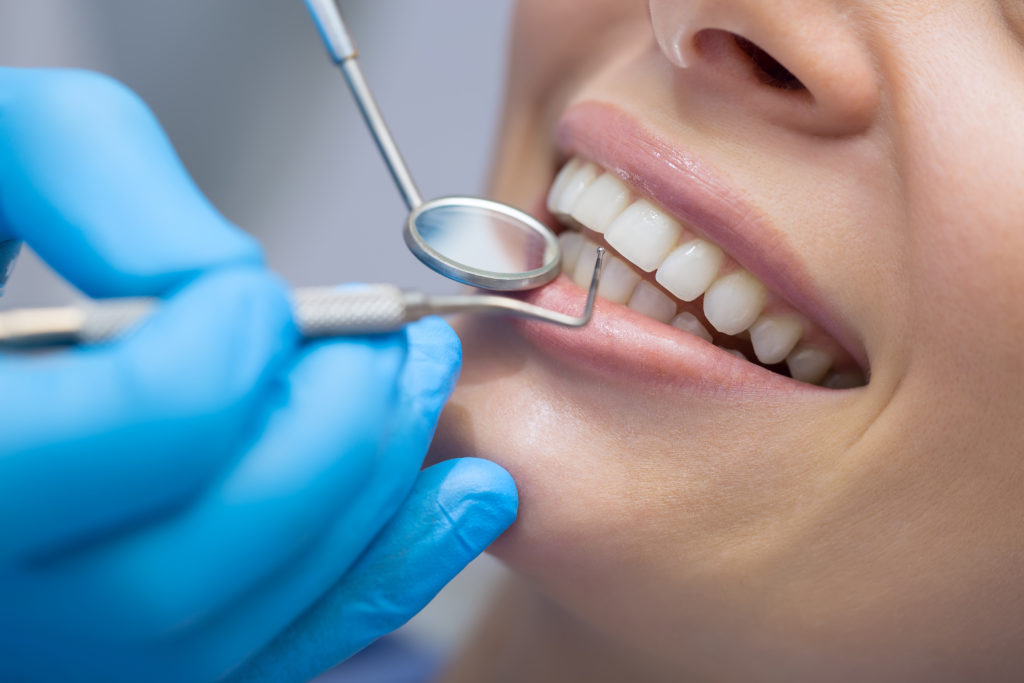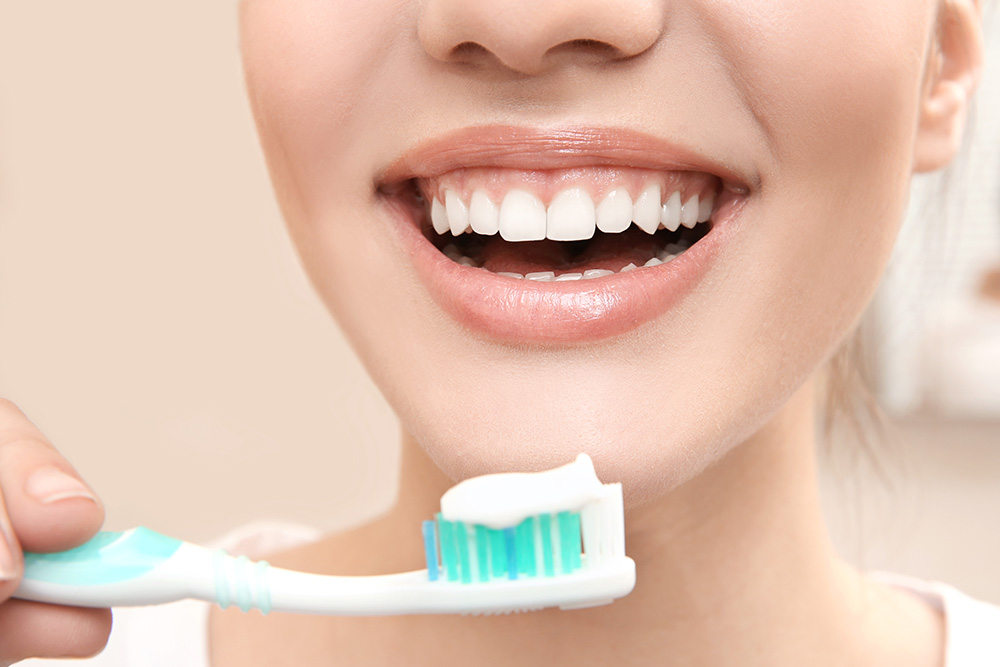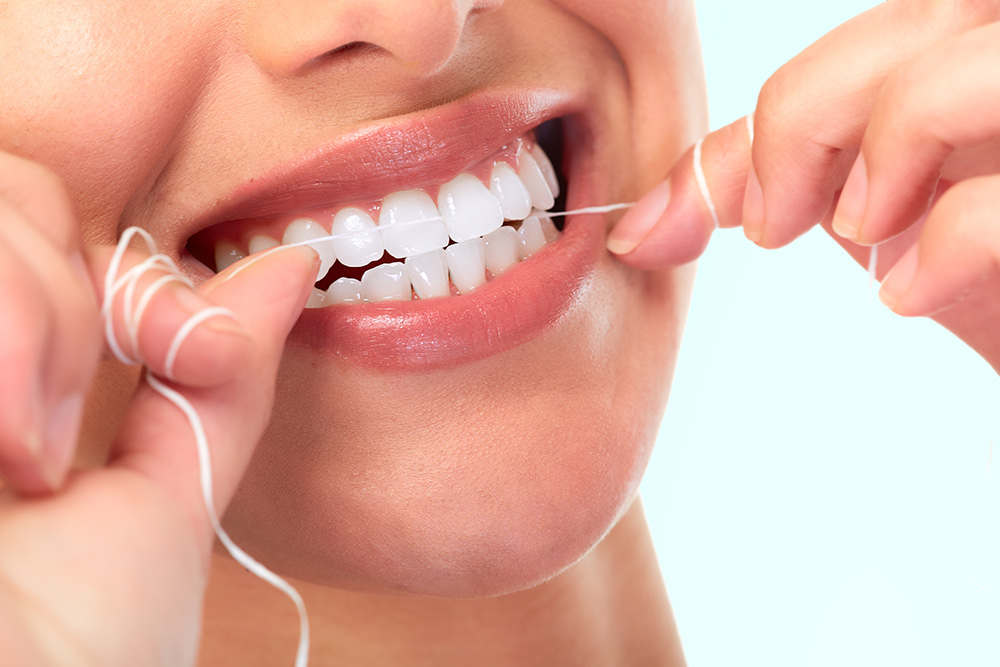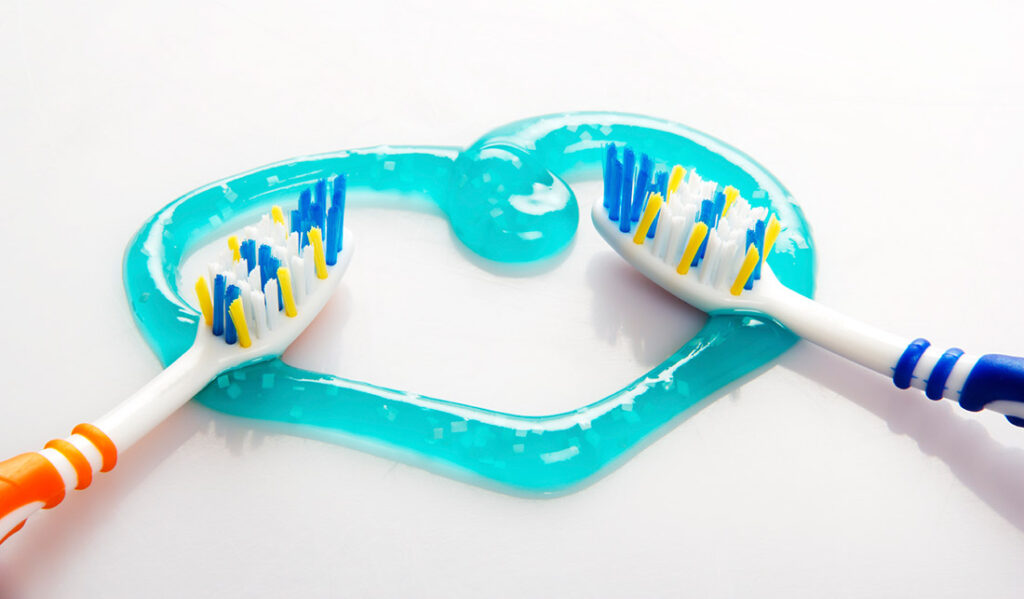Oral Health
The First Step to Well-Being
Scientific research in the medical field shows this constantly: health starts from the mouth. Having good oral health nowadays is not only aimed at tooth health, but as amply demonstrated in the literature, it is a starting point for the general health and well-being of our body. Retracing the latest scientific findings that demonstrate an interpolation between oral health, oral diseases, and systemic complications, literature support was brought to this manuscript. Oral health, as demonstrated, has potentially multi-organ systemic implications, and as the results of the recent literature demonstrate, these implications range from an insulin resistance, due to a periodontal disease, up to far more complex multi-organ systemic complications involving the cardiovascular system or even neurodegenerative pathology. Therefore, being able to improve oral health could have great systemic implications for the organism, for the prevention of pathologies, and therefore for society and for the quality of life in individuals.

WHY ORAL HEALTH IS IMPORTANT
In recent decades, numerous clinical evidences have highlighted an association between dental disorders and cardiovascular diseases and diabetes, lung diseases, and obstetric complications. Periodontal diseases could therefore have serious systemic effects through blood-borne dissemination of pathogenic bacteria and also through the negative inflammation role. Periodontal disease negatively affects the whole body, and it has a close correlation with diabetes and other systemic diseases mentioned above. Periodontitis could also be an initial sign of diabetic pathology since the prevalence of periodontitis in diabetic subjects is double or triple compared to non-diabetic subjects. Controlling diabetes is complicated for patients when they suffer periodontal disease. Patients suffering from periodontitis and diabetes simultaneously are exposed to developing complications of cardiovascular, renal, and retinopathic diseases. Recently, the presence of some bacteria responsible for periodontal disease has been reported in the brain tissue of patients suffering from Alzheimer’s disease
HOW TO TAKE CARE OF YOUR TEETH
We are taught from an early age that proper oral health is maintaining healthy teeth. The simple acts of brushing and flossing are instilled in us so that we maintain our “pearly whites;” yet, oral health is much more than clean teeth. It involves the gums and their supporting tissues, the palate, the lining of the mouth and throat, the tongue, the lips, the salivary glands, the chewing muscles, the nerves, and the bones of the upper and lower jaws. Recent research has indicated possible associations between chronic oral infections and diabetes, heart and lung disease, stroke, and low birth weight or premature births.1 In other words, oral health refers to the health of our mouth and, ultimately, supports and reflects the health of the entire body.
The relationship between oral health and general health has been the focus of research interests for decades. While the impact and oral manifestations of certain systemic conditions have been identified very early, later research examined the potential impact of oral diseases on chronic systemic conditions. To list a few, periodontal diseases have been linked to cardiovascular diseases, high blood pressure, stroke, diabetes, dementia, respiratory diseases, and mortality, where an inflammatory pathway was depicted. Another line of research examined the association between the number of teeth, severe dental caries, and general health among older adults [5, 6] and children [7], suggesting a nutritional pathway. While a causal relationship between oral health and general health is still unconfirmed, comorbidities due to common risk factors appear to be a more acceptable explanation in view of the current evidence [8]. This highlights the importance of integrating oral health and general health policies and health-promoting intervention.
As per WHO ,Oral health is a state of being free from chronic mouth and facial pain ,oral and throat cancer,oral sores,birth defects such as cleft lip and palate,periodontal diseases,tooth decay and tooth loss and other diseases and disorders that affect the oral cavity.
There is a proven relationship between oral and general health.
Oral health is a key indicator of overall health ,well being and quality of life.
Good oral health is important for your overall well being.
IMPORTANCE:
Oral health has a significant effect on general health and vice versa. It has been proved by researchers over time that ovral infection is capable of causing major health complications. Major effects of oral health on general health are.
HEART DISEASE:
Individuals with gum diseases are at twuce risk of fatal heart attack.
Similarly, individuals with pre existing cardiac disease need to be more cautious about oral health.
DIABETES MELLITUS:
Oral infections lead to increased blood sugar levels in diabetic patients.individuals with diabetes are more prone to gum duseases.

RESPIRATORY PROBLEMS:
Individuals with oral infections can be affected with critical respiratory diseases such as pneumonia
PREGNANCY:
One of the factors causing premature birth or under weight babies is the presence of gum diseases pregnant women.
The biological fluids that induce labour are activated by bacterialfrom the gum disease.
The best measure to prevent oralinfections is by brushing and flossing on regular basis.

1. Brush Twice a Day
It’s not a secret and is a widely available advice and we still don’t take this simple habit seriously. Brushing your teeth twice a day can be so effective for your Oral and Dental health. Brushing your teeth before bed is as important as brushing in the morning. It helps us to get rid of all germs and plaque that accumulates throughout the day. You don’t want the microbes having a party at night in your mouth and waking up to bad breath in the morning!
2. Brush Properly
Brushing in a rush and superficially without any technique is as bad as not brushing your teeth at all. Use proper brushing technique as mentioned below to clean your teeth both on the inside and outside. Also, Brush for at least 2 minutes.
3. Choose the right Brush
What type of toothbrush you are using and for how long matters a lot when it comes to dental hygiene. The kind of toothbrush range from manual to electric and even within them there are varieties of brushes in the market. However, do we know how to choose an ideal brush? Select a Brush with soft to medium bristles and with a small to medium size head. An Eco- friendly Brush is recommended. Also, it is recommended that you change your toothbrush every quarter as it becomes less effective when bristles start to lose their shape.
4. Don’t neglect your tongue
Often we only clean our teeth and gums while brushing and ignore cleaning our tongue. Plaque can build up on your tongue which can lead to foul odour as well as other health problems. So, while brushing don’t forget to clean tongue. You can either use a tongue scrapper or gently brush your tongue to rinse away the bacteria and freshen up your breath.


5. Flossing is crucial
While many of us make an effort to brush out teeth twice a day, we often neglect flossing. Flossing in addition to dislodging food particles, is a great way to reduce plaque and stimulate your gums area.
6. Choose a good toothpaste
Ensure that your toothpaste is safe and effective. Choose a good one which can fight plaque and prevents tooth decay. There are many options available these days including charcoal and mint based.
7. Drink more water
Water has several benefits and is magical for your body. It helps in maintaining a healthy oral hygiene and that is why it is suggested to consume adequate amount of water daily
8. Be mindful of what you eat
Your mouth is just like a window for your body. Anything you consume first enters through your mouth. Eat healthy and avoid sugary and acidic foods. Sugar converts to acid in your mouth which can then erode Enamel and lead to cavities.
You don’t need to completely avoid these food items but consume in moderations and rinse your mouth.
Smoking and consumption of tobacco affects your health in many ways and can lead to staining of teeth, foul smell, cavities and can cause oral cancer. Avoid them at all costs.


9. Keep your Oral equipment clean
What’s going inside your mouth should also be cleaned. Your oral equipment should be cleaned after and before they are used as this may lead to bacteria build up. Keep your toothbrush, clean by simply rinsing it off with water and letting it dry. Do not cover or share your tooth brush, tongue cleaners and other oral equipment with others.
10. Consider using a mouthwash
Mouthwash can help freshen your breath, soothes dry mouth and reduce plaque. Consider a good mouthwash which does not contain toxic ingredients and is safe to use. Even using simple ingredients from your kitchen like cardamom and clove can freshen your breath.
